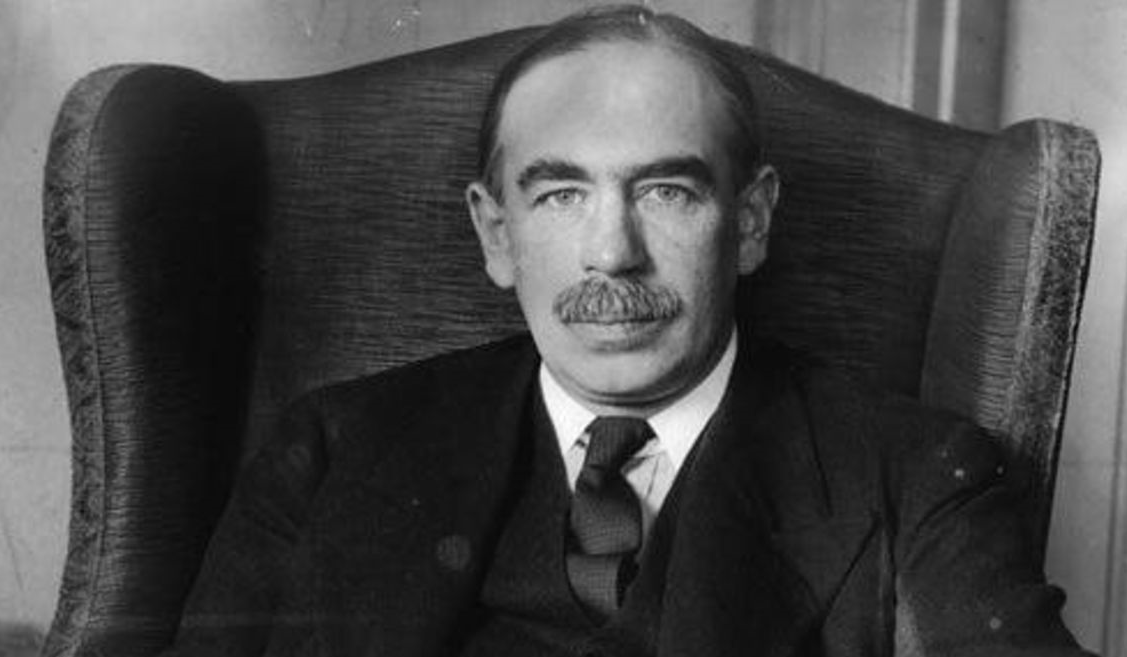
John Maynard Keynes was born in Cambridge in 1883. He is one of the most relevant economists in history and the most important of the 20th century. He is considered the father of macroeconomics.
He was trained in economics and taught economics at King's College, Cambridge. He focused on studying economic cycles and seeking solutions to deal with crises, which according to his theory were due to changes in the expectations of workers and businessmen. Keynes argued that the main cause of the crisis is insufficient demand. According to Keynes' theories, to deal with crises in which private consumption contracts, due, among other things, to unemployment, the solution is to increase public spending, causing the state to incur a deficit in order to create additional demand. In a situation of depression, his theories propose an increase in the money supply, accompanied by an increase in public spending and/or a decrease in taxes.
His theories have determined the economic policies of most of the countries of the Western world in the last years of the 20th century.
His main works are:
- Indian Currency and Finance (1913)
- The Economic Consequences of Peace (1919)
- Treatise on Probability (1920)
- Treatise on Monetary Reform (1923)
- Treatise on Money (1930)
- General Theory of Occupation, Interest and Money (1936)
- how to Pay for War?
Keynes died in 1946.